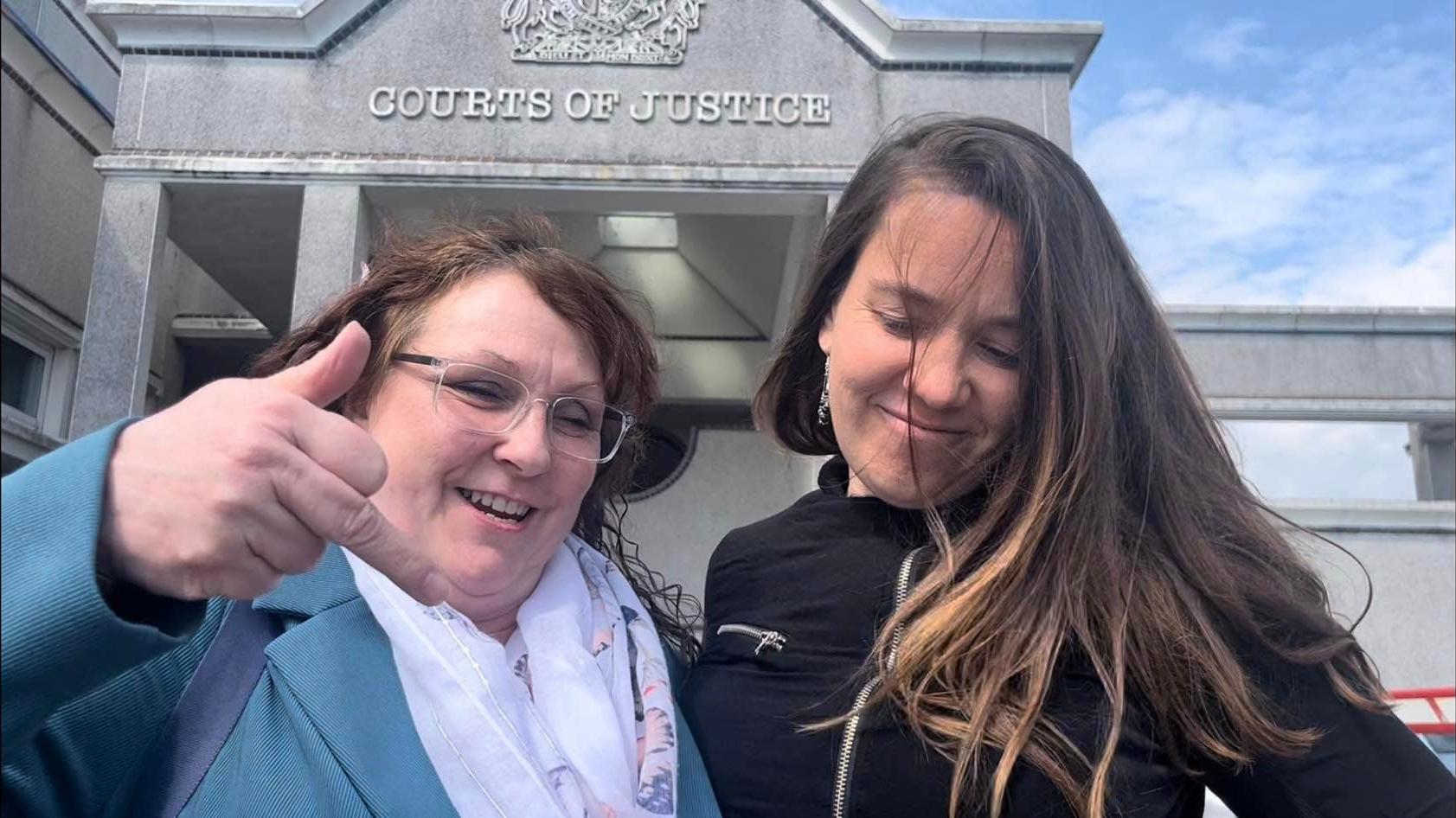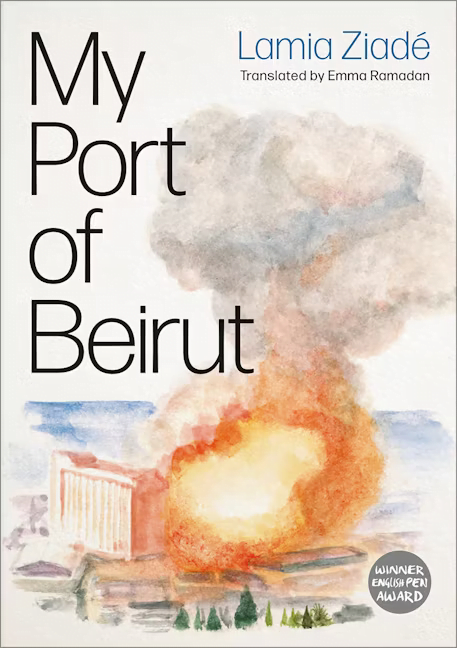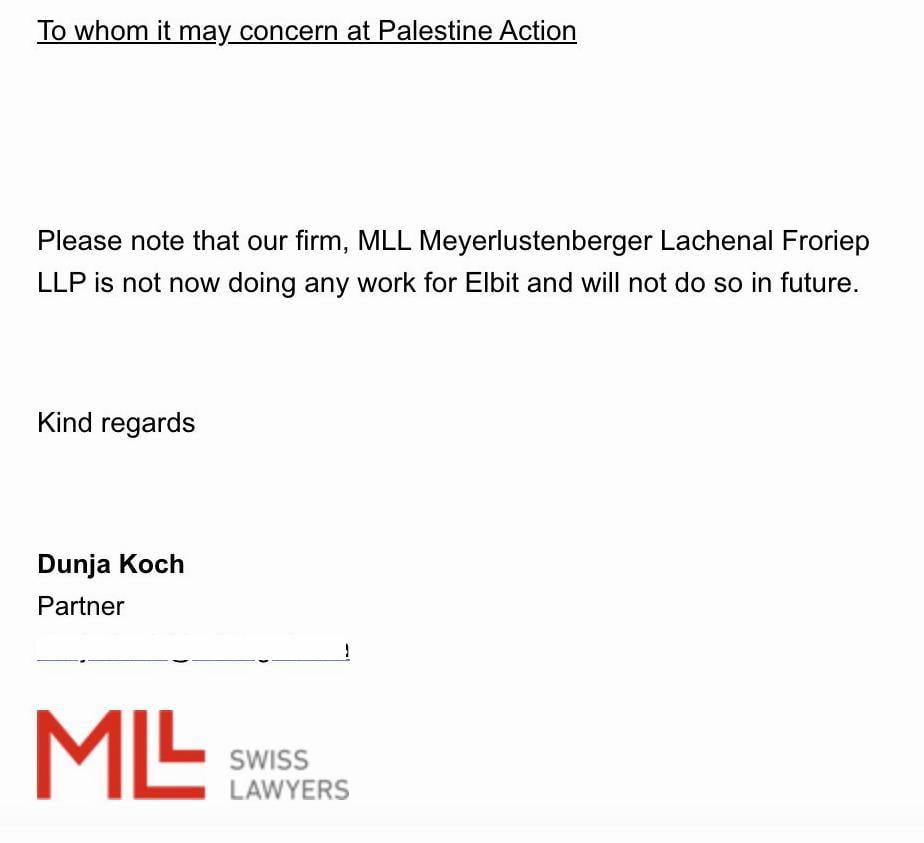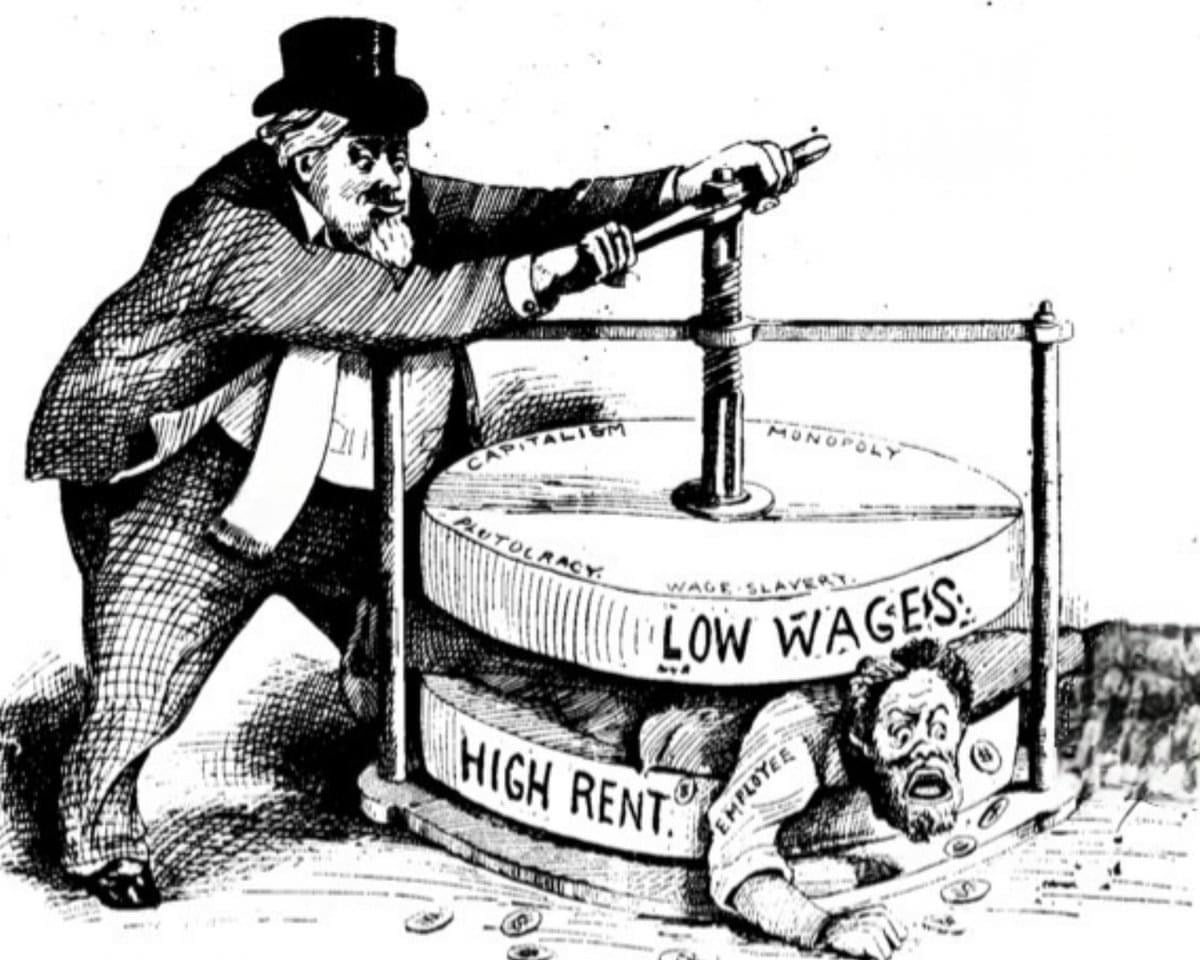“We need to create the place we’ll meet again. But we need to remember what this was”
The above quote is taken from some graffiti spotted on the streets and walls of Athens early on in the Covid-19 crisis. You might remember those days. Everyone seemed on the edge of a panic that was very hard to pin down. Those first weeks, before any actual ‘lockdown’ was imposed, seemed to produce a similar response for everyone and yet those responses were also shot through at the same time with everyone’s own highly personalised takes on Corona.
How to respond to the thing that was out there? The virus! The pandemic! How were we as actively political people supposed to respond when our deep repertoire of organising and mobilizing was so based in the face-to-face encounters of meetings, protests, pickets and then, maybe, some time in the pub afterwards?
It was and remains a time of fears and anxieties not the least about our health and our the health of our families and friends but also in the day to day of material survival. Did we still have a job? Could we pay the rent? Not only these people but all those we didn’t know too. How would the most marginal and vulnerable in the Covid-19 crisis fare? How could we help those people?
That graffiti in Athens was a little moment of inspiration for some of us at Mayday Rooms. It punctured a little of the nervous energy and the not knowing what to do. It gave us a moment to think through one small attempt to think collectively about this moment and to remember that we always make the future in the current conjuncture.
“We are afraid. We are hopeful for change. We are afraid again”
Since opening in 2013 Mayday Rooms has been a space for an archive, for movement organising and a safe haven for social movements, experimental and marginal cultures and their histories. It was set up to safeguard historical material and to practically connect it with contemporary struggles. Although Mayday Rooms gives physical space to actually existing struggles, it also painstakingly archives the written and graphic histories of those struggles in an attempt to locate that material in a very practical and collective realm.
Our idea for the Pandemic Notes archival project stemmed from how we were personally experiencing the COVID-19 crisis. It seemed like amongst an overload of conversations and overflows of interesting analysis, there was actually a lack of places to record our personal thoughts, stories and emotions of how the crisis was making us feel and act. We were seeing people working from home, people continuing to go to work, losing their jobs, get seriously ill, being isolated in their houses, working and doing childcare simultaneously, participating in mutual aid groups, taking risks, cleaning like maniacs, being indifferent. We were also watching States take extremely authoritative measures, and even passing new laws that they could never have done before without some resistance. Unknown, disorienting and incoherent emotions were being triggered. How to then make sense of all this but, more importantly, how to collectivise this moment?
We decided to make a small and simple archival project called Pandemic Notes.
”There is such a tension now. I don’t know any longer what is normal and what is possible”
This early April quote from a member of Goose Green Mutual Aid Group in South London seemed to sum up the reasons why we wanted to record people’s feelings and urgent questions around the Covid-19 crisis. We desired to make a space that allowed people to voice their fears, hopes, thoughts and aspirations for the future. By capturing these thoughts and feelings as archival material, we see that these contributions will be of later use in helping us understand and reflect together on this moment. But we also see that rather than this moment just being archived, that it could also help us re-design the future by reminding us what our hopes were in the midst of the crisis. Everyone hopes that we don’t return to normal or that we don’t enter a new period of repression and surveillance. Let’s remember these feelings and use them as a focus for response and action.
We see Pandemic Notes as a kind of collective diary. We see it as a place where political subjects’ collective experience, trauma, hopes and aspirations can remain in history. We also see it as a kind of bookshelf where much of the great analysis being produced and published from the depths of quarantine can be archived and revisited once we are out of the crisis.
At this point, you may be thinking ‘yes, that sounds good!’ but what is Pandemic Notes asking us to do? Ok! Here’s what we want from you. We are asking for short written or audio contributions which you can submit through the website. Although we have prepared a series of online questions that may be helpful in guiding your contribution, there is also plenty of space for you to contribute however you see fit. You may want to talk about your daily routine or how the crisis has impacted you and others you know, or you may want to talk about your hopes and fears for the future. Your response, be that an analytical, emotional or other type of contribution, is gratefully received. Importantly, we would love to receive contributions from voices that are less-often heard, especially those more severely impacted by the current moment.
Everyone expresses themselves in different ways. As well as written contributions, we are giving the option for participants to record audio recordings as the voice transfers emotions that might otherwise be lost in the written word. All contributions will be anonymous and will become part of a public domain archive.
The Pandemic Notes archive will be maintained as a resource at Mayday Rooms to help us respond to Covid-19 in the long-term – for future organising and the preservation of our collective memory. When the crisis is over and we see what future we can make, we will invite you back to a lovely face-to-face encounter around everyone’s contributions. Let’s create that place where we will meet again and remember what this was! Thanks.
To contribute to the Pandemic Notes project follow this link.








